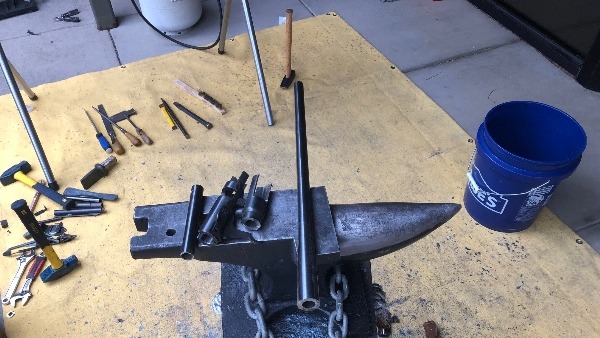What would change about the world around us if we paid attention to the unconscious violence of our language?
I’ve been asking myself that question ever since I heard Ocean Vuong refer to the weaponization of everyday American expression. I’ve caught myself unconsciously typing “shoot” and “stab” in emails to colleagues, as in, “I’ll shoot for this” or “I’ll take a stab at that.”
Many similar expressions remain in common use and contribute to sexual violence, political polarization and other life-threatening and community-sapping dynamics. As someone who subscribes to the belief that words matter in more than a utilitarian sense, it’s unsettling to recognize my absorption of violent phrases. I’m no linguist — although I’m a fan of Owen Barfield’s work, but in my opinion, words tend to evoke the realities they describe and to call into being the ideas they represent. Although it makes me internally cringe to harken back to my name-it-claim-it charismatic Christian roots, there’s something to that way of understanding the world. There’s certainly something deeply true and powerfully archetypal about the Genesis story of the “mud man” Adam “naming the animals.”
There’s a lot more to say on this topic, but I’ll close this short post with a quote from Ocean Vuong:
…I think the future is actually in your mouth. You have to articulate the world you want to live in first. We pride ourselves [in being…] a country that’s very technologically advanced…But I think we’re still very primitive in the way we use language and speak, particularly in how we celebrate ourselves — ‘You’re killing it’ [we say, when we’ve done something well]…What is it about a culture that can only value itself through the lexicon of death?…
Ocean Vuong, award-winning poet, during a recent podcast conversation called “A Life Worthy of Our Breath”


